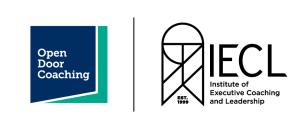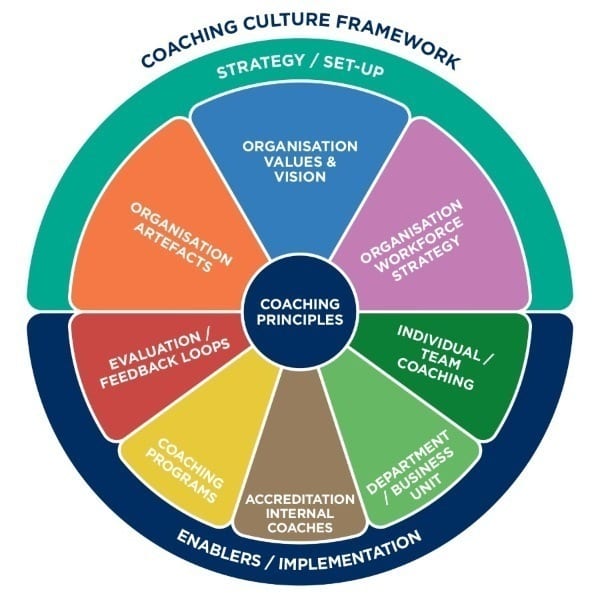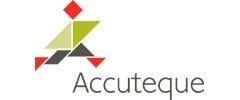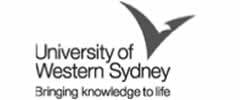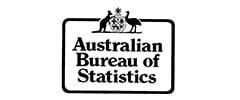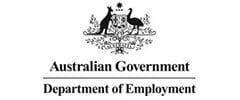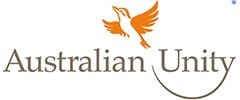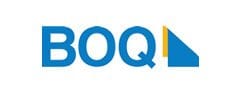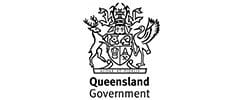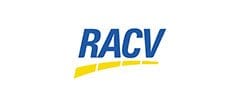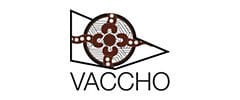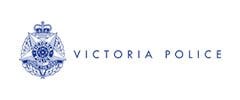We continue our Coaching Café webinar this week with another look at the most highly attended and popular topic from 2021: best practice in introducing a coaching culture.
Many of us across the Open Door Coaching Alumni are involved in introducing coaching into teams, business units and into the organisation. Especially with the view of creating a culture of coaching in the workplace.
In this webinar, Natalie takes us back to the Coaching Culture Framework which is being used as the best practice framework. First released in Bring Out Their Best over ten years ago, the Framework has had several iterations. Importantly, the Framework underpins the implementation of coaching in many workplaces. It is a feature of our Diploma of Organisational Coaching (10835NAT)
Listen to the Coaching Cafe podcasts
What is coaching culture?
In the early days of thinking about culture within organisations, we adopted the simple definition of culture being “the way we do things around here”. In addition, we recognised that different departments, businesses and teams in an organisation can have similar or different cultures.
However, our thinking about culture and the influence of coaching on the culture of an organisation has matured. Importantly, we think of culture being more of an emergent property.
Culture (shared values, beliefs, rules, artefacts etc)
+ Coaching Skills
= Coaching Culture (emerges and builds over time)
As a result, this means something that occurs over time. Furthermore, emerging from shared values, beliefs, assumptions, artefacts and rules about how to do things and what is important. The culture could appear across teams, divisions and organisations.
Why is a coaching culture important?
A culture of coaching is important in the workplace because:
- We need to bring out the best in people – to enable them to be high performing.
- In addition, we want people to take responsibility – because we can’t do it all ourselves.
- Furthermore, we need our people to be innovative and to speak up.
- Not to mention we want happy, productive workplaces.
People don’t like being told what do to all the time. They want agency and autonomy over their roles and responsibilities. It’s great being a part of a high performing organisation. Getting out of bed and loving what you are doing. That’s what coaching enables.
‘Sounds like total fluff to me’
It’s been a long time since someone has said that the type of culture we are describing is unachievable. Utopia. Even ‘total fluff’. That’s what we might have heard in the early days. Not anymore. And if you doubted the impact that coaching can have on an organisation then you can listen to the best practice implementation of the Coaching Culture Framework into Air Force. Watch here.
‘Aren’t we just teaching the soft skills?’
Ha! We laugh when we hear about coaching referred to as ‘soft skills’. It’s actually hard to change behaviours. Furthermore to stop directing and telling people what to do. What about to pause and listen? And give good feedback. These aren’t soft skills. They are essential leadership skills that coaching enables.
We use coaching techniques and tools to enable strategy
The implementation of coaching within an organisation is not a linear process. Each of the elements of the Coaching Culture Framework, interact in a dynamic way. The goal of implementing coaching is to achieve the organisation values and vision. Along with the goals described in the workforce strategy. We use coaching techniques and tools to enable the strategy.
Find out more about the Coaching Culture Framework by listening to the webinar.
A framework for thinking about the culture of coaching
There are a number of elements that support the emergence of a coaching culture within an organisation. We have captured these in the diagram below, called the Coaching Culture Framework.
The Coaching Culture Framework is split into two halves. Firstly, the upper half being those elements related to the strategy of the organisation and the decisions needed to set up coaching within the organisation. Secondly, the lower half which relate to elements that enable the implementation of coaching in the organisation. The middle element is a reminder that the coaching principles sit across all factors.
FREE Coaching Cafe Webinar
Every week our team of experts present “Coaching Cafe” webinar with topics for Managers, Leaders, Business Owners, and everyone who wants to be a better workplace coach, leading their teams to higher productivity, better outcomes and a happier, healthier workplace.
